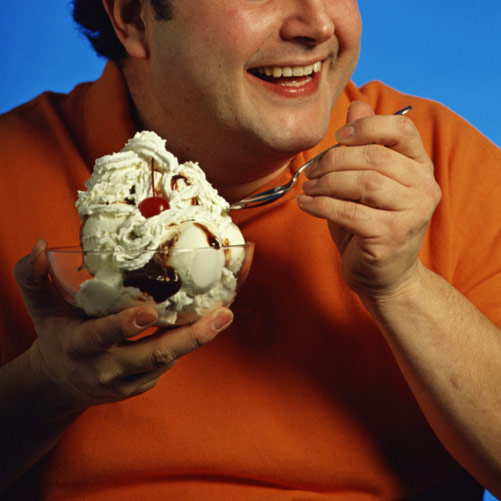
MONDAY, Jan. 9 (HealthDay News) — Waiting up to a year to treat high blood pressure in a person with diabetes is probably not harmful, but waiting many years to get blood pressure under control could result in serious complications, new research indicates.
In the study, published online Jan. 9 in the Journal of General Internal Medicine, researchers from the University of Chicago suggested that the one-year delay could give patients time to make certain lifestyle changes that could help correct the problem, such as limiting their salt intake, exercising or losing weight.
The study also suggests that delays in lowering blood pressure among patients with diabetes are not uncommon. Some patients may not have access to health care, while others may not follow through on their treatment, they explained.
Still, other experts were cautious, noting that prompt control of blood pressure with medications can prevent serious cardiovascular trouble.
In the study, a team led by Dr. Neda Laiteerapong used a simulated model with a theoretical population of adults in their 50s newly diagnosed with type 2 diabetes.
The researchers found that a lifetime of uncontrolled blood pressure increased complications significantly, or by 1,855 events per 10,000 patients. It also reduced their life expectancy by almost one year.
In contrast, a one-year delay in controlling blood pressure resulted in only a minor increase in the number of complications and reduced life expectancy by only two days.
However, waiting very long before treatment wasn’t advised. The study authors found that 10 years or more of delays in the treatment of high blood pressure could lead to serious health problems, including greater risk for stroke and heart attack.
“Among middle-aged adults with diabetes, the harms of a one-year delay in managing blood pressure may be small. Health care providers may wish to focus on diabetes management alone in the first year after diagnosis, to help patients establish effective self-management and lifestyle modification,” Laiteerapong and colleagues wrote in a journal news release.
Experts said the findings add to the debate on when to initiate therapy, but questioned the authors’ conclusions.
The study “contributes to the ongoing discussion about blood pressure targets and the importance of blood pressure control in people who have diabetes,” said Dr. Ronald Tamler, clinical director of the Mount Sinai Diabetes Center in New York City.
“However, we should not forget that this latest study is merely a computer simulation. Studies have shown that uncontrolled blood pressure in real patients with diabetes is still a source of concern and may lead to complications, such as heart disease, stroke and kidney disease,” added Tamler, who is also assistant professor of medicine at the center.
One cardiologist added that quick action in getting blood pressure under control can be life-saving, and he questioned whether waiting for lifestyle changes to occur was advisable.
Dr. Henry Black, clinical professor of cardiology at NYU Langone Medical Center in New York City, said that many studies have shown “that prompt control of blood pressure reduces events, although neither of these studies were specifically aimed at patients with diabetes, although many of the study volunteers had diabetes mellitus.”
According to Black, most trials have found changes in lifestyle to be less effective than drug therapy in reining in high blood pressure. That means that, “dithering with ‘lifestyle changes’ . . . will delay getting effective treatment to these high-risk individuals,” he said. “The time wasted focusing on control of diabetes with lifestyle changes is a bad bargain, if blood pressure is pushed to the back burner.”
More information
The U.S. National Heart, Lung, and Blood Institute has more about lowering blood pressure.

